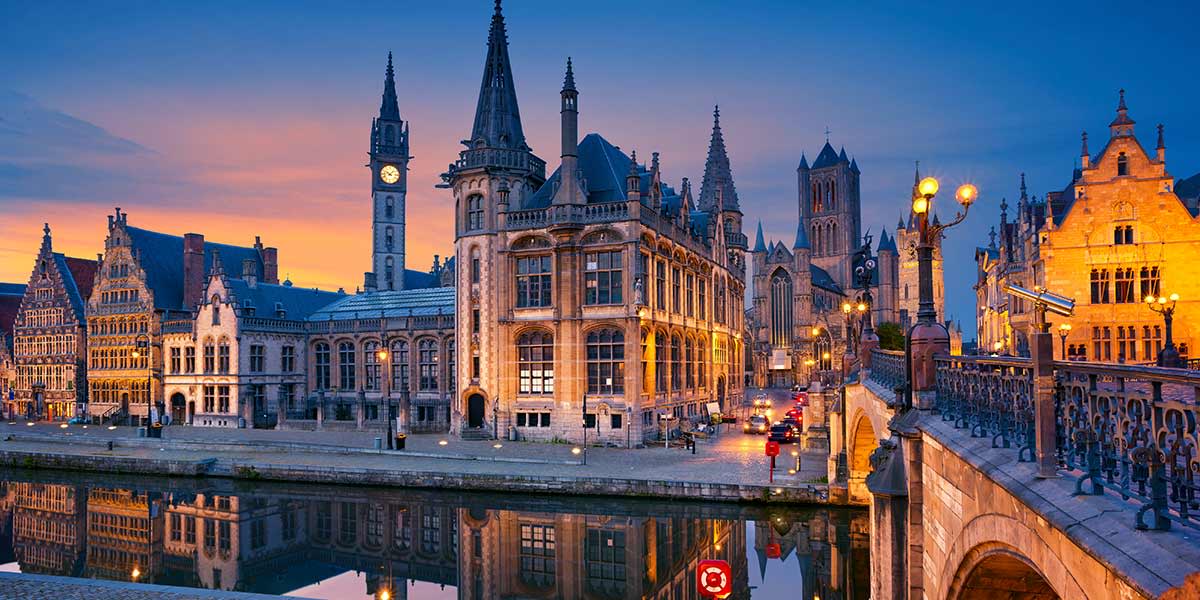
Languages of Belgium – Which Languages are Spoken in Belgium?
Home to the headquarters of NATO and the European Union as well as some of the most well preserved medieval buildings in the world, Belgium is as beautiful as it is linguistically diverse. But what is the official Belgium language? What languages is spoken in Belgium? Or what languages are spoken across this small nation? We have taken an in-depth look at this Western European country and the languages spoken within its borders.
3 Official Languages of Belgium
Despite its small size in comparison to some of its neighbours, Belgium has 3 official languages. Dutch (Flemish), French and German are all recognised as official languages. The use of these languages however differ within certain areas of the country.
Article 4 of the Belgian Constitution highlights the separation of these ‘linguistic areas’. “Belgium has four linguistic areas: The French-speaking area, the Dutch-speaking area, the bilingual area of Brussels Capital, and the German-speaking area.” Due to the differing size of each of these areas, there is a vast difference between the amount of people who consider each language as their first.
Dutch (Flemish) Language in Belgium
6.8 Million Native Speakers
The most widely spoken language in Belgium is Dutch. An estimated 59% of the population consider Dutch to be their first language. Dutch is the official language of the Flemish community and most prominently spoken in the North and Brussels area of the country. Interestingly though, there are differing dialects depending on the specific area visited.
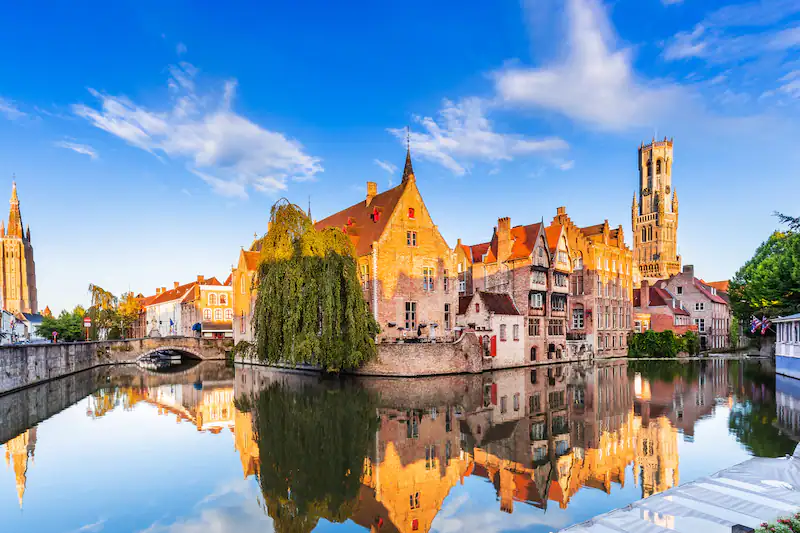
Due to the French influence on Belgium, these dialects have adopted French and Romance vocabulary over time. With this morphing of the dialects, they are not always intelligible for Dutch speakers from outside of Belgium.
French Language in Belgium
4.6 Million Native Speakers
Following Dutch, French is the second most spoken first language in Belgium.Approximately 40% of the population consider French as their first language. French is most prominent in the southern half of the country. Also in the bi-lingual Brussels Capital area. Unlike Belgian Dutch and its counterpart, Belgian French is almost identical to standard French. There are some variations on pronunciation and semantics. But for the most part there are no differences.
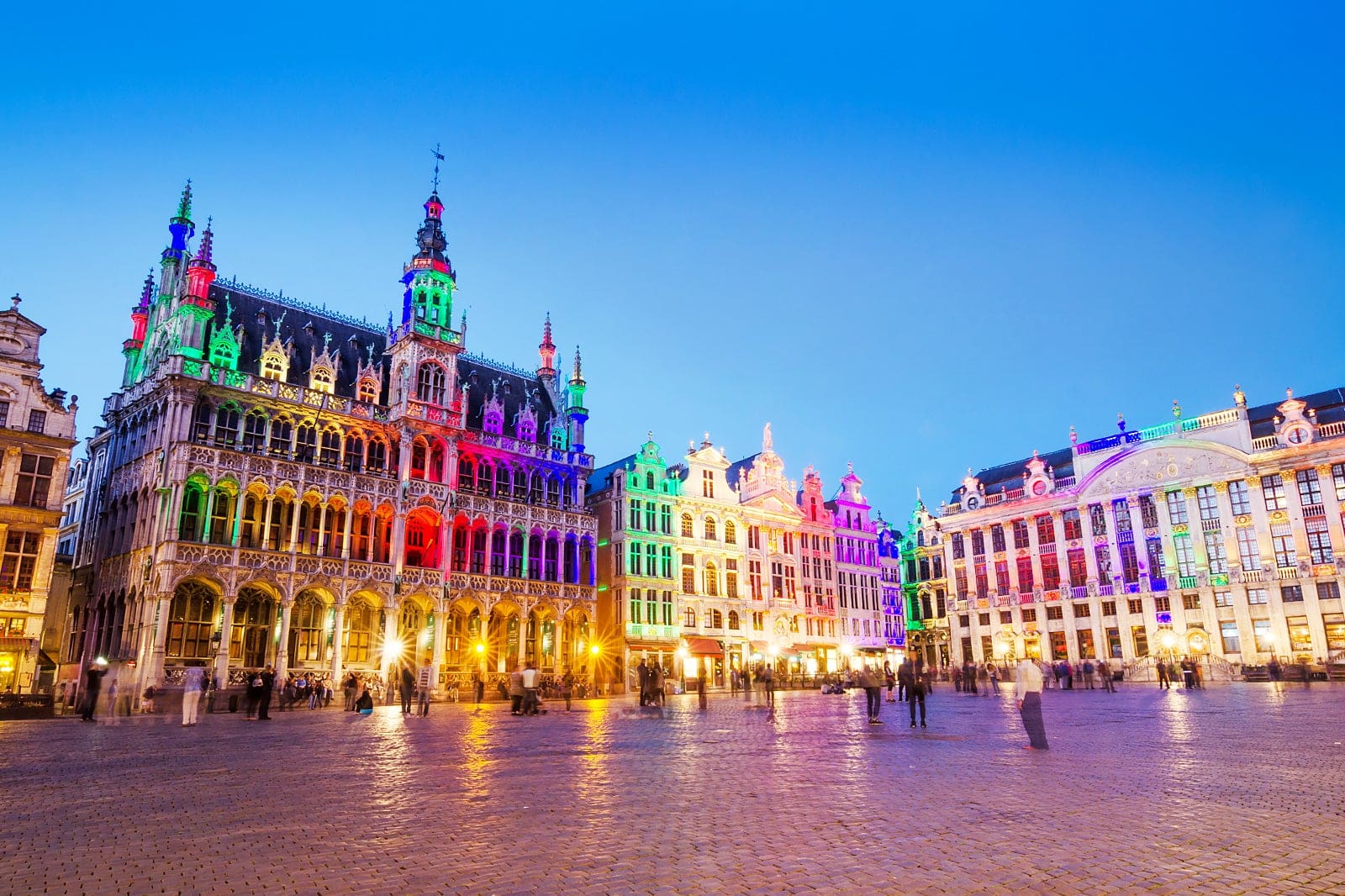
As well as being the first language by many, it is also considered by half of the entire population to be their second language.
German Language in Belgium
77,000 Native Speakers
Less than 1% of the population consider German to be their first language. The use of German as an official language is found in some small eastern areas of Belgium.

These areas are parts of the former German Empire which were re-annexed during World War II. This change of control over the last century has meant the use of German has stayed somewhat prevalent.
Official use of Languages of Belgium
With three official languages it is difficult to imagine how communications and official documentation are produced. This is accomplished by official communications being produced in the language of the ‘linguistic area’ in question. However, all documentation can be requested in one of the three official languages if required.
Prior to 1967 French was the only language used in official communications. In 1967 the Dutch version of the Constitution has had equal status as that of the original French. In 1991 the German version also was granted equal status.
Sign up for our offers
Exclusive discounts on your course with Cactus directly on your inbox!
Next Steps to Learning Dutch, French or German
Dutch, French and German are three of the most popular languages in the world as well as being the official languages of Belgium. Why not start your language learning journey by taking a course in one of these prevalent languages?
Cactus offer a range of Dutch, French and German courses suitable for all levels, from beginners to advanced. Not only can you study in one of our language centres, but you can also study at home! With weekly lessons, you can soon build up your skills to be able to converse in one of these countries.

 French
French German
German Italian
Italian Spanish
Spanish Arabic
Arabic Cantonese
Cantonese Czech
Czech Croatian
Croatian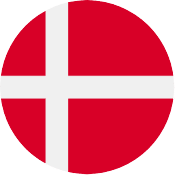 Danish
Danish Dutch
Dutch English
English Greek
Greek Hebrew
Hebrew Hindi
Hindi Japanese
Japanese Korean
Korean Norwegian
Norwegian Polish
Polish Portuguese
Portuguese Russian
Russian Swedish
Swedish Thai
Thai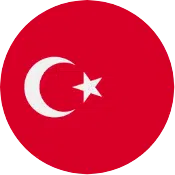 Turkish
Turkish Ukrainian
Ukrainian